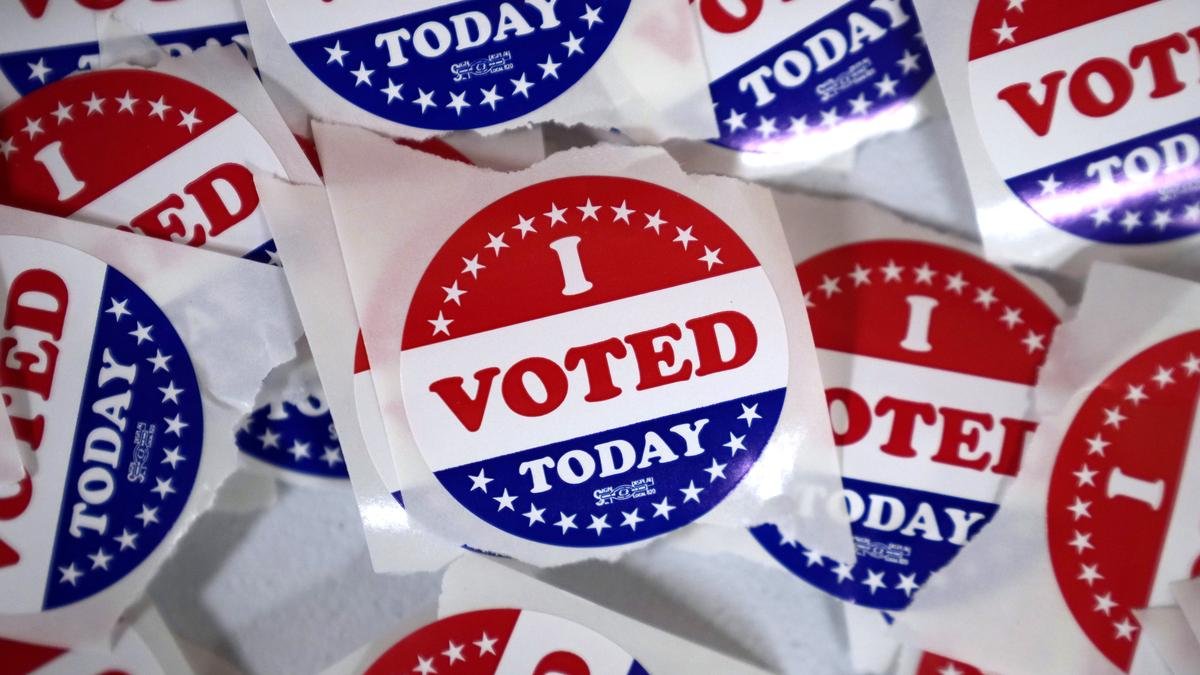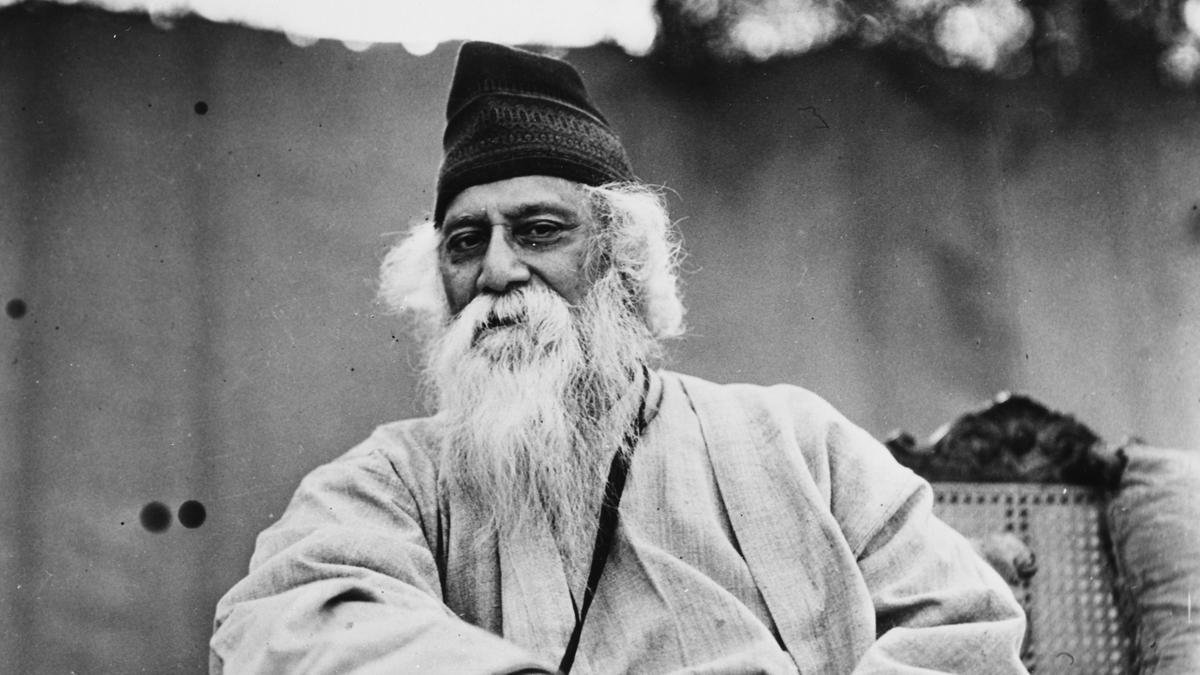Russia, Iran, China’s efforts to sway U.S. voters may escalate, new Microsoft report says

Microsoft’s latest threat intelligence report highlights the persistent efforts of foreign adversaries to interfere in the U.S. election, indicating a likelihood of increased activity as Election Day approaches.
Microsoft reported on Wednesday that foreign adversaries have displayed persistent resolve to interfere in the U.S. election, with indications that their efforts will escalate as Election Day approaches.
According to the company’s threat intelligence division, there has been an increase in the production of fabricated videos by Russian agents aimed at tarnishing Vice President Kamala Harris’ campaign. Simultaneously, social media campaigns associated with China are targeting lower-level candidates who express criticism towards China.
The tech giant reported that Iranian actors, accused of sending intimidating emails to U.S. voters in 2020, have been monitoring election-related websites and prominent media platforms. This has sparked fears that they might be gearing up for a new scheme in the current year.
In the lead-up to the final crucial phase of the nation’s election process, the report issues a cautionary message, echoing previous alerts by U.S. intelligence authorities, indicating that the most egregious attempts to sway the outcome may be imminent. Despite assurances from U.S. officials regarding the resilience of the electoral systems against external threats, the increasing foreign interventions aimed at manipulating voters have sparked unease.
Some disinformation campaigns observed by Microsoft did not attract much genuine interest from American audiences, while others were unintentionally boosted by Americans, thereby subjecting thousands to foreign propaganda as the voting period drew to a close.
Russia, China, and Iran have collectively refuted allegations suggesting their intentions to interfere in the U.S. election.
The Chinese Embassy declared in a statement that the presidential elections belong to the internal affairs of the United States, affirming that China has no plans to meddle in or intervene with the US election process.
Iran’s mission to the United Nations issued a statement affirming that Iran has made clear and repeated declarations that it has no motivation or intention to meddle in the U.S. election. The statement explicitly rejects any such allegations.
The Russian Embassy did not respond promptly to a message left with them on Wednesday.
The findings of the report unveil a growing scenario of organized efforts to promote the interests of opponents while global conflicts and economic issues intensify the significance of the U.S. election on a worldwide scale. It outlines a pattern similar to what was observed in the 2016 and 2020 elections, where foreign entities clandestinely sow unrest among American voters, deepening the rift in the electorate, resulting in a nation that is almost evenly divided a mere 13 days before the end of voting.
Clint Watts, general manager of the Microsoft Threat Analysis Center, emphasized the historical evidence pointing to the substantial influence foreign entities can exert on public opinion and election results through the swift dissemination of misleading information. He stressed the crucial need for voters, governmental bodies, candidates, and political parties to maintain a high level of alertness towards any deceitful or questionable online activities, especially during the critical 48-hour period surrounding Election Day.
The findings in the report further corroborate earlier discoveries made by Microsoft and U.S. intelligence, indicating that the Kremlin is dedicated to tarnishing Harris’ reputation online as part of its favoritism towards another term for Donald Trump.
Microsoft analysts discovered that Russian actors have been busy creating a mix of AI-generated material and simplistic parodies and staged clips to disseminate false information about Harris in the past few months.
Morgan Finkelstein, the national security spokeswoman for the Harris campaign, denounced the staged video depicting a fake park ranger falsely accusing Harris of killing an endangered rhinoceros in Zambia. Additionally, she criticized another video spreading unfounded claims about Harris’ running mate, Tim Walz, which U.S. intelligence officials have linked to Russia this week.
A recent report reveals that a new Russian-affiliated individual is creating fabricated election-themed videos parodying various American establishments such as Fox News, the FBI, and Wired magazine.
In recent months, China has shifted its attention towards influencing lower-level elections and fueling skepticism and discontent towards democracy. Microsoft’s analysts have identified a Chinese disinformation entity dubbed Spamouflage, which is deploying bogus social media accounts to target local Republican candidates critical of China.
Reportedly, the group has set its sights on incumbent candidates such as Rep. Barry Moore from Alabama, Sen. Marsha Blackburn from Tennessee, and Rep. Michael McCaul from Texas, all seeking re-election. Moreover, Sen. Marco Rubio from Florida has also been targeted by the group.
The quartet of politicians each issued emails denouncing China’s hostile actions towards American political contenders and its attempts to undermine democratic values.
The Chinese embassy expressed its opposition to the accusations made by U.S. officials, politicians, and media regarding the alleged use of news websites and social media accounts by China to disseminate what they term as misinformation in the U.S. The embassy stated that these claims are rife with unfounded suspicions and are strongly objected to by China.
According to the report from Microsoft, despite the continued tension in the Middle East, Iran has persistently targeted Trump in the 2024 campaign using disinformation and hacking techniques, showing no signs of being deterred.
Groups associated with Iran have actually utilized the polarized views on the Israel-Hamas conflict to sway American voters, according to analysts. One instance involved an Iranian-run account on Telegram and X platforms urging Americans to boycott the elections because of the candidates’ backing of Israel.
According to Microsoft’s findings, an Iranian group was detected gaining unauthorized access to the account of a prominent Republican figure. Interestingly, this individual had already been targeted in June with a different account. While the company refrained from disclosing the person’s name, they did mention that it was the same individual referred to as a “former presidential candidate” back in August.
The report cautioned that the Iranian group, accused of impersonating far-right Proud Boys in threatening emails to voters during 2020, has been monitoring swing-state election websites and media channels lately. This conduct may indicate readiness for further impactful interventions as the Election Day approaches, as highlighted by Watts.
Iran’s representation at the United Nations has asserted in an official communication that the accusations detailed in the report are fundamentally baseless and entirely impermissible.
Intelligence officials mentioned on Tuesday that despite Russia, China, and Iran’s attempts to sway voters, there is currently no evidence suggesting they are planning any major assaults on election systems in order to impact the final results.
Jen Easterly, the director of the U.S. Cybersecurity and Infrastructure Security Agency, mentioned to The Associated Press that with efforts dedicated to enhancing election security, any attempts to manipulate the results would be futile.
Officials in the intelligence sector issued a cautionary statement on Tuesday, highlighting the potential for Russia and Iran to incite violent demonstrations in the United States following the upcoming election, which could lead to complexities in the post-election phase.













